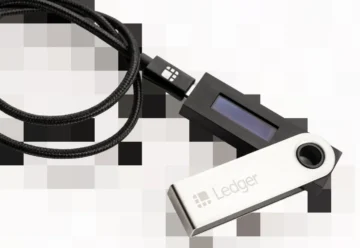France and Singapore Work on Protection Against Quantum Computing Attacks

Central banks of France and Singapore are exploring post-quantum cryptography to protect financial communications from the “looming threat of quantum computing.”
The Monetary Authority of Singapore (MAS) teamed up with the Banque de France (BDF) to test new security measures to protect financial communications and data from potential threats posed by quantum computing.
The institutions conducted a series of joint experiments, including the use of post-quantum cryptography (PQC) algorithms to sign and encrypt emails. Specifically, the CRYSTALS-Dilithium and CRYSTALS-Kyber algorithms were used to enable the exchange of digitally-encrypted and digitally-signed emails using Microsoft Outlook.
The researchers concluded that using only standard cryptographic algorithms and PQC libraries for digital signatures and encryption isn’t enough. The report notes that improved usability and interoperability of PQC largely depends on additional standardization of application protocols and standards, including public key infrastructure, digital certificates, key exchange algorithms, and others. Assuming such technologies are developed, post-quantum cryptography algorithms have great potential for integration into payment networks to provide security against the “looming threat of quantum computing.”
In May 2024, a study was published according to which quantum computers will enable hacking of public key crypto systems, including Bitcoin. This March, Vitalik Buterin raised the issue of the need to protect the Ethereum network from attacks using quantum technologies.











